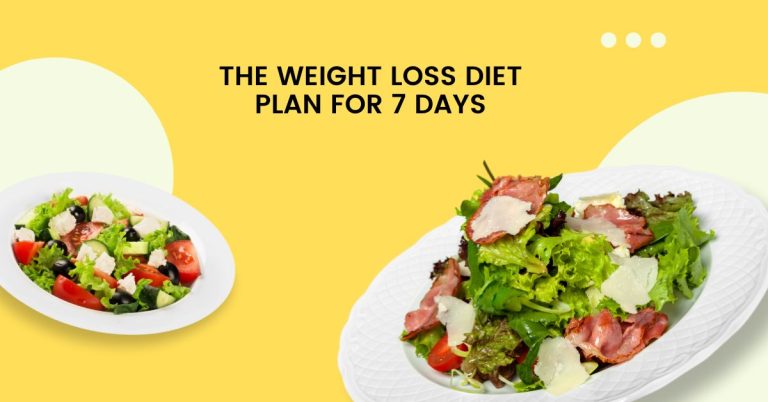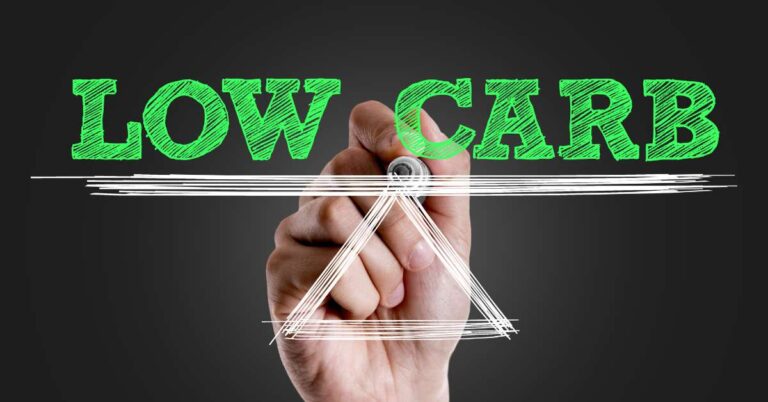The Ketogenic Diet: The Ultimate Guide to Lose Weight and Improve Your Health in 2023

A low-carb diet is “ketogenic” (like the Atkins diet). It will help if you consume fewer calories from carbs and more from protein and fat. The easiest-to-digest carbohydrates, such as sugar, soda, pastries, and white bread, should be reduced the most.
What It Does
When you consume fewer than 50 grams of carbohydrates daily, your body ultimately runs out of quick-acting fuel (blood sugar). Usually, this takes three to four days. After that, you’ll begin converting protein and fat into energy, which may cause you to lose weight. The ketosis state is this. However, it’s crucial to remember that the ketogenic diet is a temporary eating plan that prioritizes weight reduction above the quest for health advantages.
Who Uses It?
The most common reason people follow a ketogenic diet is to reduce weight, but they may also use it to treat other medical issues, such as epilepsy. There has to be more study in those areas, but it may also benefit individuals who suffer from heart disease, some brain ailments, and even acne. If you have type 1 diabetes, check with your doctor to see if you should try a ketogenic diet.
Loss of weight
In the first three to six months, a ketogenic diet may help you lose more weight than conventional diets. This could be the case because burning fat for energy requires more calories than burning carbohydrates for energy. It’s also likely, though not yet proven, that a high-fat, high-protein diet makes you feel fuller longer, causing you to consume fewer calories.
Acne
Reducing your intake of carbohydrates may be beneficial since they have been related to this skin problem. Additionally, the reduction in insulin that a ketogenic diet may cause may aid in reducing acne outbreaks. However, further studies are required to pinpoint just how much, if any, impact the diet truly has on acne. (Insulin may lead to your body producing other hormones that trigger breakouts.)
Epilepsy
Since the 1920s, ketogenic diets have assisted in managing the seizures brought on by this illness. But once again, it’s crucial to see your doctor to determine what is best for you or your kid.
Heart Problem
Ketogenic diets have been related to raising “good” cholesterol and lowering “bad” cholesterol, which appears counterintuitive for a diet that asks for more fat. In addition, these diets result in lower insulin levels, which prevent your body from producing more cholesterol. As a result, you have a lower risk of developing cardiac diseases such as heart failure, high blood pressure, and hardened arteries. However, it’s yet to be determined how long these impacts will remain.
Cancer
An insulin hormone allows your body to utilize or store sugar as fuel. You don’t need to keep this fuel since ketogenic diets cause you to burn through it rapidly. This indicates that your body produces and requires less insulin. These lower levels might aid in preventing certain cancers or hinder the formation of cancerous cells. However, further study is needed in this area.
Diabetes
Compared to other diets, low-carb diets help maintain your blood sugar levels lower and more stable. However, your body produces ketones when it consumes fat for energy. You may get ill if your blood contains too many ketones if you have diabetes, primarily type 1. Therefore, it’s crucial to consult your doctor before making any dietary modifications.
ovulatory polycystic syndrome
This occurs when a woman’s ovaries enlarge beyond normal and tiny sacs are packed with fluid surrounding the eggs. It may result from high insulin levels. Other lifestyle modifications like exercise and weight reduction, such as the ketogenic diet, which reduces both the amount of insulin you produce and the amount you require, may help treat it.
Diet Carefully
Your kidneys may suffer as a result of your body burning its fat reserves. In addition, a ketogenic diet might be challenging to start, and returning to a regular diet after that if you have additional health conditions like diabetes, a heart ailment, or high blood pressure that make you more prone to become obese. If you suffer from these problems, adjust your diet gradually and only under your doctor’s supervision.
Negative effects
The more typical ones, including indigestion, constipation, or moderate low blood sugar, are often not dangerous. However, low-carb diets often cause kidney stones or excessive amounts of acid in your body (acidosis). In addition, the “keto flu,” which may cause headaches, weakness, irritability; foul breath; and exhaustion, are among the more adverse effects.
Exercise
A ketogenic diet may be beneficial when endurance athletes work out, like cyclists and runners. Over time, it improves your body’s ability to utilize oxygen while working hard and lowers your muscle-to-fat ratio. However, although it could be helpful in training, it might not be as effective as other diets for achieving peak performance.











